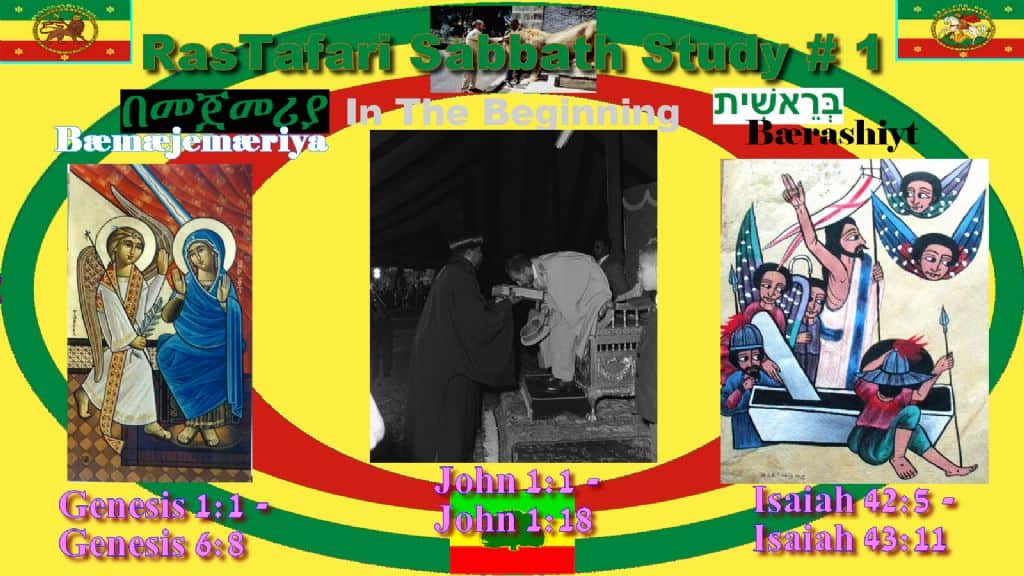This Week's Portion #50
Ki Tavo | כי תבוא | "When you come in" በገባህም ጊዜ | begebbah’m gizey (begebahim gizE)
*For a PDF version of All the Torah Portions Schedule, click here to download!
1. Torah Reading
2. Prophets Reading
Isaiah 60:1-22
3. New Testament Reading
Eph 1:3-6; Rev 21:10-27
Portion Outline - TORAH
- Deuteronomy 26:1 | First Fruits and Tithes
- Deuteronomy 26:16 | Concluding Exhortation
- Deuteronomy 27:1 | The Inscribed Stones and Altar on Mount Ebal
- Deuteronomy 27:11 | Twelve Curses
- Deuteronomy 28:1 | Blessings for Obedience
- Deuteronomy 28:15 | Warnings against Disobedience
- Deuteronomy 29:2 | The Covenant Renewed in Moab
Portion Outline - PROPHETS
- Isaiah 60:1 | The Ingathering of the Dispersed
- Isaiah 60:19 | God the Glory of Zione
Portion Study Book Download & Summary
DEVARIM Hebrew Book of Deuterronomy - Torah Portion Vol.5 (FREE PDF)
Deuteronomy 26 begins the fiftieth reading from the Torah with the words, “Then it shall be, when you enter the land which the LORD your God gives you as an inheritance” (26:1). In Hebrew, the words for “when you enter” are ki tavo. This Torah portion begins with laws regarding first fruits and tithes. It goes on to discuss covenant renewal, after which Moses recites the blessings guaranteed to Israel for covenant obedience and warns of the curses for apostasy.
Portion Commentary
A Question to Ponder
Thought for the Week
Just as He promised to scatter them, He has also promised to re-gather them. Although Israel failed as a nation to perform the stipulations of the covenant, the other partner of the agreement—God—remains faithful to His promises. In the end, He will reverse all of Israel's sorrows on account of His faithfulness, mercy and grace.
Commentary
So keep the words of this covenant to do them, that you may prosper in all that you do. (Deuteronomy 29:9)
All through the book of Deuteronomy, Moses drives home the message: "Keep God's Torah." When Israel failed to keep the Torah, God sent prophets warning them to repent and turn back to Torah. When they repented, they were rewarded and blessed. When they did not, they suffered the maledictions threatened in the Torah. God continuously told His people for 1,400 years to walk in His commandments, keep His Torah and His covenant.
Does it make sense to imagine that after 1,400 years, God suddenly changed His mind? Would it make sense to suppose that after all the pain and suffering of invasion, exile, re-gathering and so on, God would suddenly change the program and announce to His people, "From now on, don't keep the commandments of the Torah," and then punish them when they did?
That could be compared to a father who warned his son not to play ball in the house. Every time the boy played ball in the house, his father would spank him and send him to his room. This went on for three years. Then one day, his father seized him and spanked him. The boy cried out, "Why are you spanking me?" "Because you weren't playing ball in the house," the father explained. "From now on, you must play ball in the house, and if you do not, I will beat you."
We would call a father like that capricious and deranged. Yet many theologians claim that this is what God has done to Israel. For 1,400 years He punished them when they did not keep the Torah. Then when Jesus came, He canceled the Torah and henceforth punished them for keeping it.
Obviously God is not a capricious and deranged father. Rather He is the Unchanging One, the same yesterday, today and tomorrow. He has not canceled the words of His Torah. Even today, He longs for His people—all of His people—to repent, turn away from sin and come back to the good and beautiful commandments of His Torah, just as His holy Son, Yeshua, has shown us. In Yeshua His people will find forgiveness for sins, and through His Spirit we find the strength and joy to serve God with gladness.
For He is our God, and we are the people of His pasture and the sheep of His hand. Today, if you would hear His voice. (Psalm 95:7)













































































































